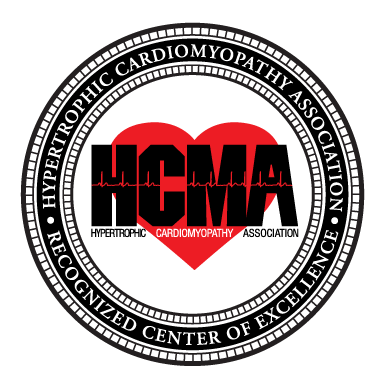Treatments
Treatments for Hypertrophic Cardiomyopathy
The treatment for hypertrophic cardiomyopathy (HCM) depends on the severity of the muscle thickening in your heart, the presence or absence of outflow tract obstruction and what your care team determines your risks to be.
The majority of patients with no symptoms and with a normal heart rhythm require no specific treatment. However, we recommend that patients with HCM not participate in strenuous physical activity or competitive sports.



